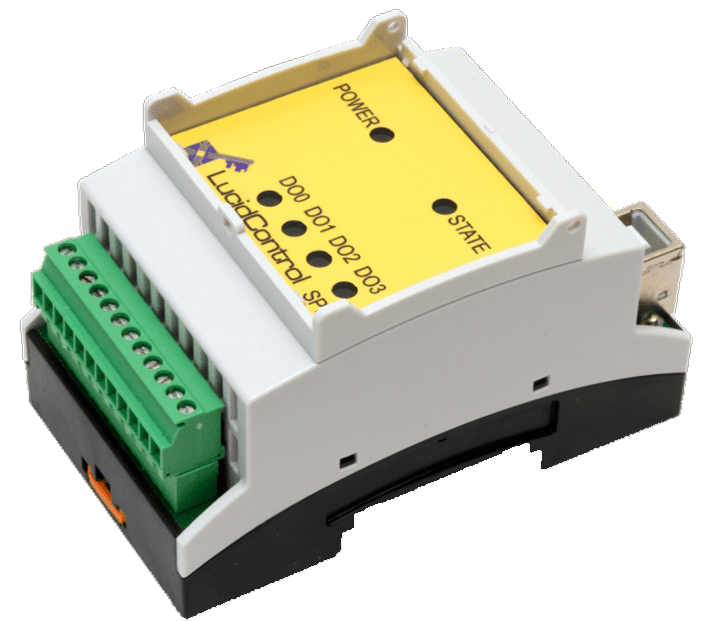5 Common Mistakes When Using IO Modules and How to Avoid Them
IO modules play a vital role in programming, enabling input and output operations in various applications. However, mistakes in using IO modules can lead to errors and inefficiencies in code execution. This article highlights five common mistakes when using IO modules and provides practical tips on how to avoid them. By understanding these pitfalls, developers can enhance their code quality and optimise their IO operations.
1. Not Importing the IO Module Correctly
One of the most common mistakes is failing to import the IO module correctly. In Python, for example, the correct way to import the IO module is by using the following statement:
This allows access to all the functions and classes within the IO module. However, it is recommended to import only the necessary functions and classes to avoid namespace conflicts and improve code readability.
2. Neglecting Error Handling
Failure to implement proper error handling can result in unexpected program behaviour. When working with IO modules, it is essential to anticipate and handle potential errors, such as file not found, permission issues, or input/output failures. Utilise try-except blocks to catch and handle exceptions gracefully, providing informative error messages to assist in debugging and troubleshooting.
3. Forgetting to Close Files
Failing to close files after performing IO module functions and operations can lead to resource leaks and unnecessary memory consumption. Always remember to close files explicitly using the `close()` method or by utilising the `with` statement. The `with` statement automatically handles the opening and closing of files, ensuring proper cleanup and preventing potential issues.
4. Not Considering Performance Optimisation
IO operations can be resource-intensive, especially when dealing with large files or frequent read/write operations. A common mistake is performing unnecessary or redundant IO operations, which can impact performance. To optimise IO operations, consider strategies such as buffering, batching operations, and utilising efficient file reading/writing techniques specific to the IO module being used.
5. Overlooking Security Measures
Security is a critical aspect when working with IO modules, especially when handling sensitive data. Neglecting security measures can result in data breaches or unauthorised access. Always ensure appropriate file permissions, validate user input, and consider encryption or other security protocols when necessary. By prioritising security, engineers and developers can protect sensitive information and prevent potential vulnerabilities.
Conclusion
Avoiding common mistakes when using IO modules is crucial to ensuring smooth and efficient program execution. By importing the IO module correctly, implementing proper error handling, closing files, optimising performance, and prioritising security, developers and engineers can improve their code quality and minimise issues related to IO operations. Keeping these best practices in mind will lead to more robust and reliable applications.




Comments
Post a Comment